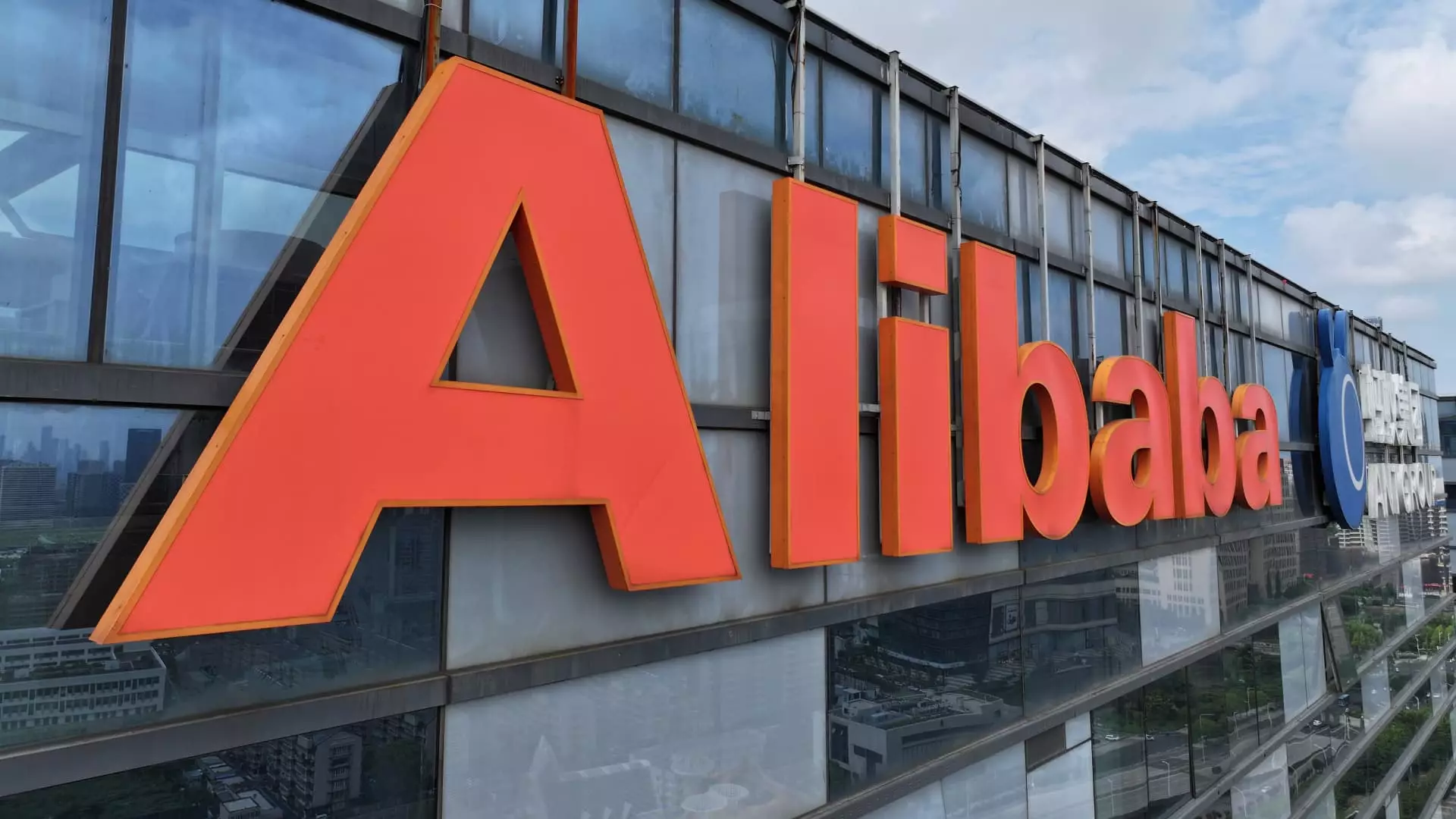Alibaba has recently announced the completion of a three-year regulatory “rectification” process imposed on the company following an antitrust fine it received in 2021. This process was overseen by China’s State Administration for Market Regulation (SAMR) and aimed to ensure compliance with antitrust regulations. The fine, amounting to 18.23 billion yuan ($2.6 billion), was part of an anti-monopoly investigation that focused on Alibaba’s practice of forcing merchants to choose only one of two e-commerce platforms.
Since the imposition of the fine, the SAMR has closely supervised Alibaba’s efforts to rectify its behavior and align with regulatory requirements. The ultimate goal was to eliminate the “‘choose one of two’ monopoly behavior” that allowed Alibaba to gain unfair competitive advantages in the market. The SAMR has now confirmed that Alibaba has successfully completed this process, signaling a positive step towards compliance and efficiency in its operations.
Following the announcement of Alibaba’s regulatory compliance, the company’s shares rose by more than 3% in Friday morning trading. Analysts have noted that the conclusion of the regulatory process is a positive development for Alibaba, highlighting it as a new start for the company. This milestone is expected to improve investor confidence and reassure stakeholders about Alibaba’s commitment to regulatory compliance.
The conclusion of Alibaba’s regulatory rectification process also reflects a potential shift in the stance of Chinese regulators towards private technology firms. This comes after a period of intense crackdowns and regulatory measures aimed at curbing the power of domestic technology companies. The softening stance could signify a more balanced approach to regulation, emphasizing compliance and innovation over punitive measures.
Despite the positive news surrounding the regulatory compliance, Alibaba still faces challenges in the market. The company has experienced a significant decline in its stock value, falling more than 70% from its peak in 2020. Additionally, Alibaba is navigating slow growth in the e-commerce sector due to increased competition and a cautious consumer base in China. However, there are early signs of recovery, with cloud computing revenue reaccelerating and healthy transaction volumes on its e-commerce platforms in the June quarter.
The completion of Alibaba’s regulatory rectification process marks a significant milestone for the company in its efforts to comply with antitrust regulations. The positive market response and the potential shift in regulatory stance highlight a new chapter for Alibaba as it aims to prioritize compliance and innovation in its operations. Despite ongoing challenges, Alibaba’s regulatory journey underscores the importance of aligning with regulatory requirements to ensure long-term sustainability and growth in the market.


Leave a Reply